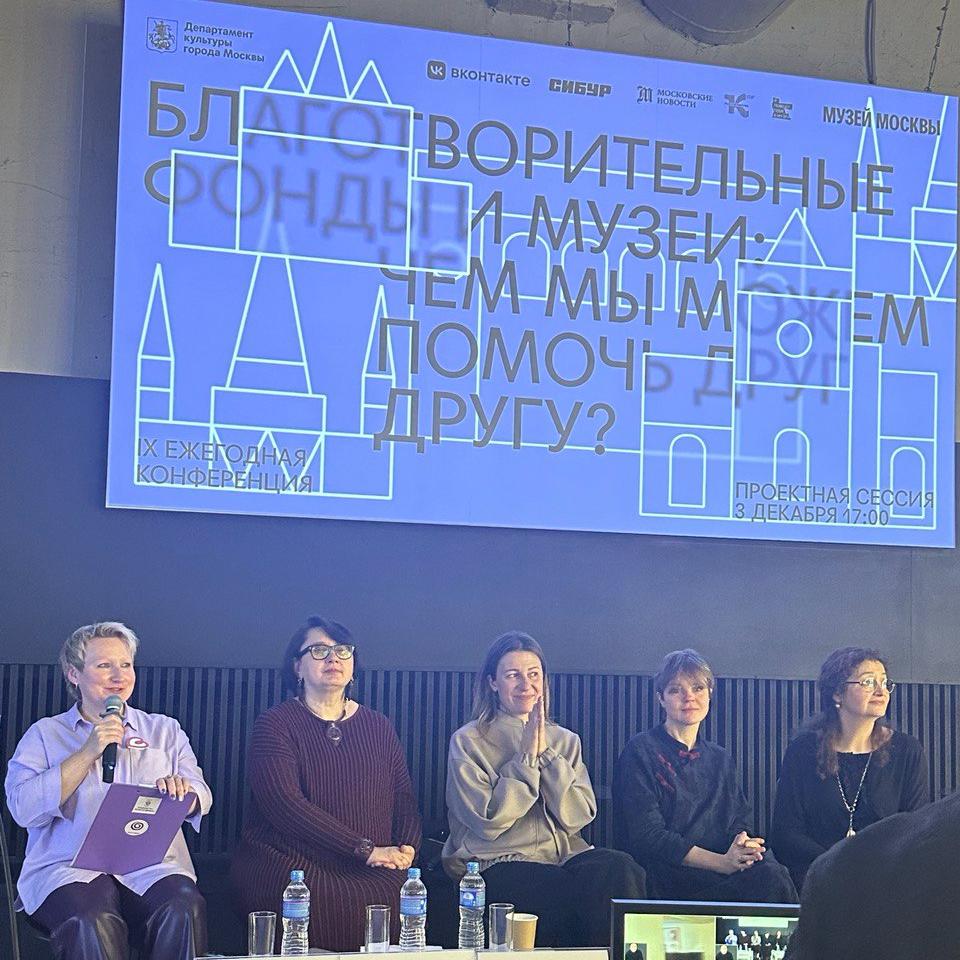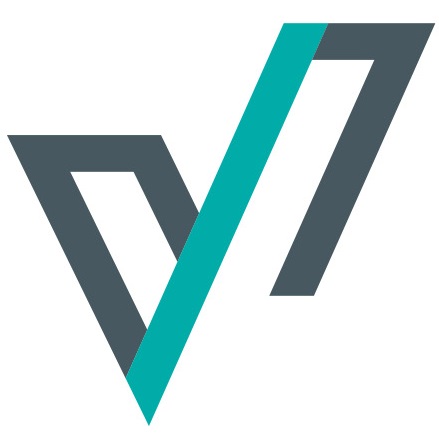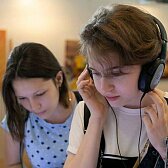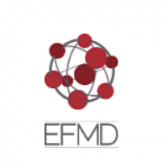Anna Makarchuk, the Director of the Tolerance Center at the Jewish Museum in Moscow, is the author of the anti-bullying project called "Everyone Matters". The project became the winner of the "Museum 4.0" grant competition.
In 2022, the Jewish Museum celebrated its 10th anniversary. Many schoolchildren and educators have attended and continue to attend the museum's classes. Through daily interactions with them, the museum staff realized that there was a significant demand within the education system to normalize the psychological climate in classrooms. As a response, anti-bullying sessions were developed for both students and teachers. Since bullying primarily occurs in schools, addressing it there was necessary. Yet, this wasn't enough, as students and parents also live in the larger world outside school hours.
The "Everyone Matters" project, supported by the Vladimir Potanin Foundation, is aimed at preventing conflicts and bullying in schools. The project team pondered how to present this topic and found a classic approach suitable for the Jewish Museum and Tolerance Center: the use of digital technologies.
It took some time for the project team to figure out how to make the digital exhibition more relatable. Ultimately, they decided to divide the project into two parts: the first being the actual exhibition and the second being digital engagement.
The project team planned to create a film based on 12 stories of people who, in front of the camera, reflected on their experiences of violence in various roles: victim, aggressor, or witness. Twelve in-depth interviews were recorded – a vast amount of recording hours and significant psychological work.
During the process, new ideas emerged, such as the opportunity for watching the film with a close person. The production coincided with the pandemic when everyone was in some way isolated from each other. The project's website introduced an option for joint watching through a session, somewhat resembling the Zoom format. The film could be paused by the viewers at any time for discussion: conversation is crucial, and it doesn't always occur in a museum or public space. Therefore, the project team created a safe digital place for it. From the outset, the project's main idea was to eliminate any didactic tone by all means possible: they didn't want to state the obvious but instead wanted to create a space for safe and honest dialogue.
So, the first part of the project was the exhibition, the second part was the film. But there's also the third, equally important part. The project team calls this part "infinity": these are the stories told by users and visitors. This third part was launched even before the exhibition opened. For this purpose, a special room resembling a cocoon or a hut was built. The project team wanted to create a safe space where people could enter and share their experiences. Visitors could record a video – or a totally anonymous audio story. These stories then entered the "infinity" and became accessible to any user, both at the exhibition and in the digital project.
The project's audience primarily consisted of people aged 25-45. A significant number of school students also attended anti-bullying sessions as part of the educational program at the exhibition. Apart from the extensive anti-bullying program, sessions on cyberbullying were created for them.
An interactive program on workplace bullying, known as mobbing, was also developed separately. This is an even darker and more hidden story than bullying. In the workplace, events that a person may consider uncomfortable but normal can occur – yet, this is also a form of bullying.
After the project was implemented, some large companies began organizing events dedicated to mobbing in their workplaces. Many people also wrote letters thanking Anna and her colleagues for the project, and this feedback was highly valued by the project team.





